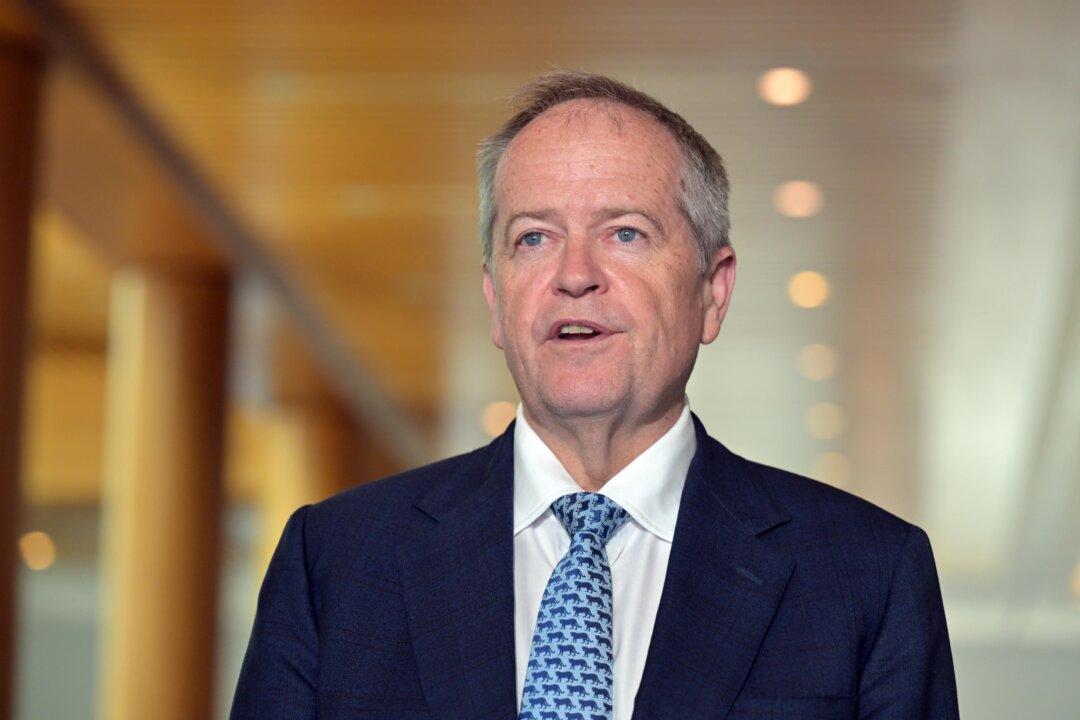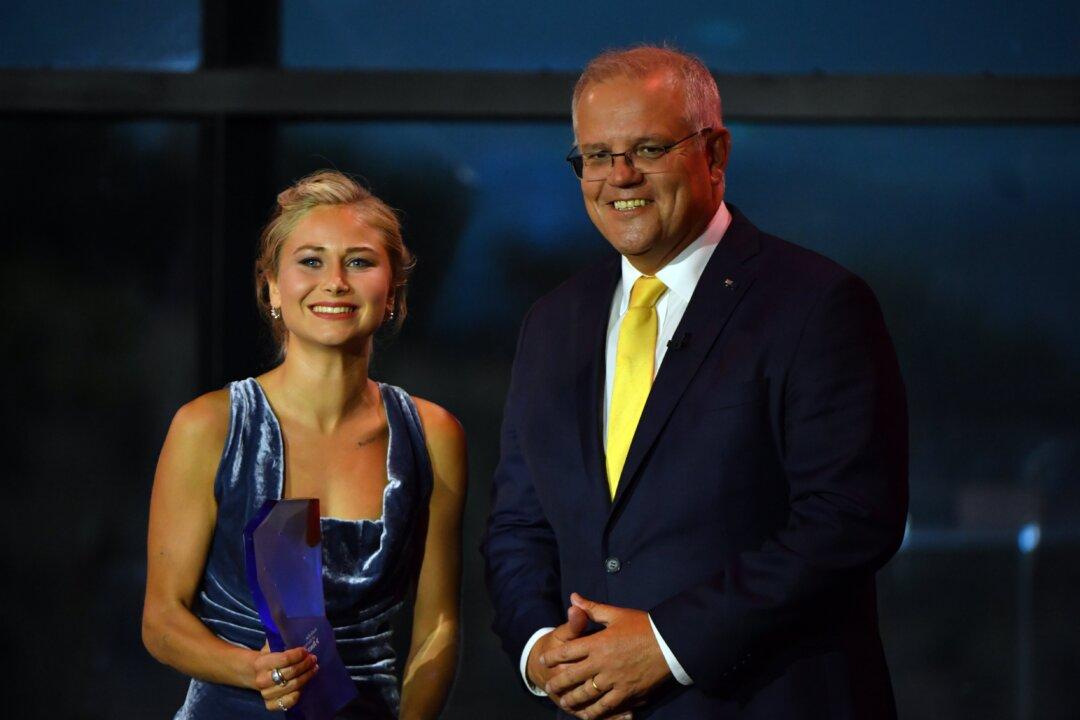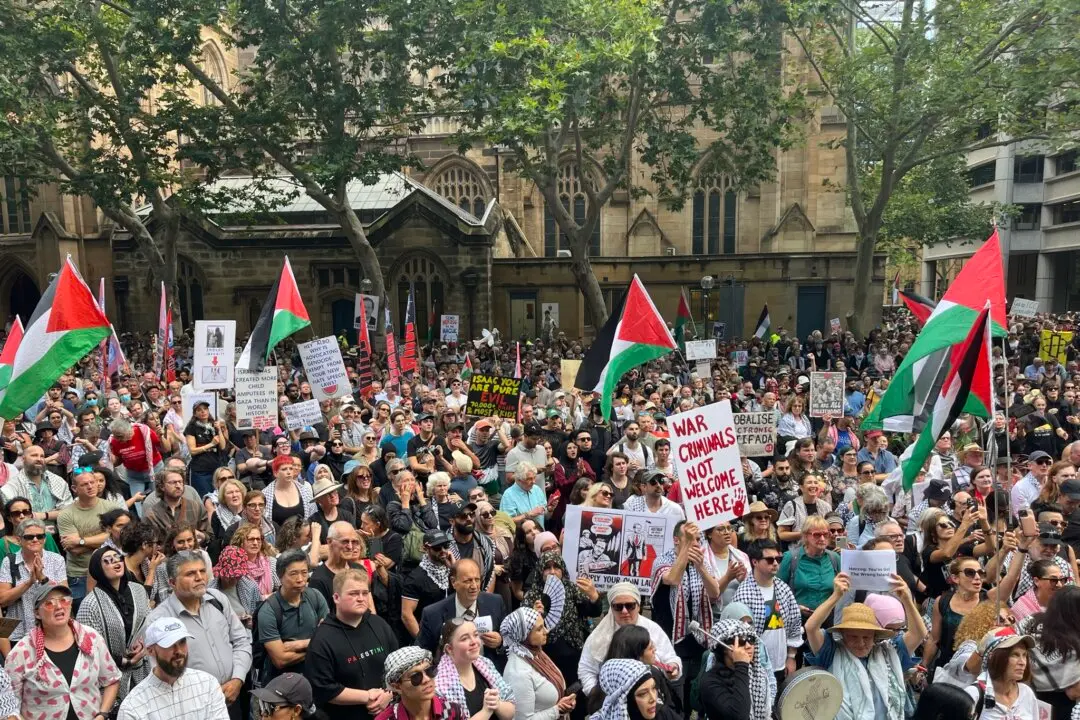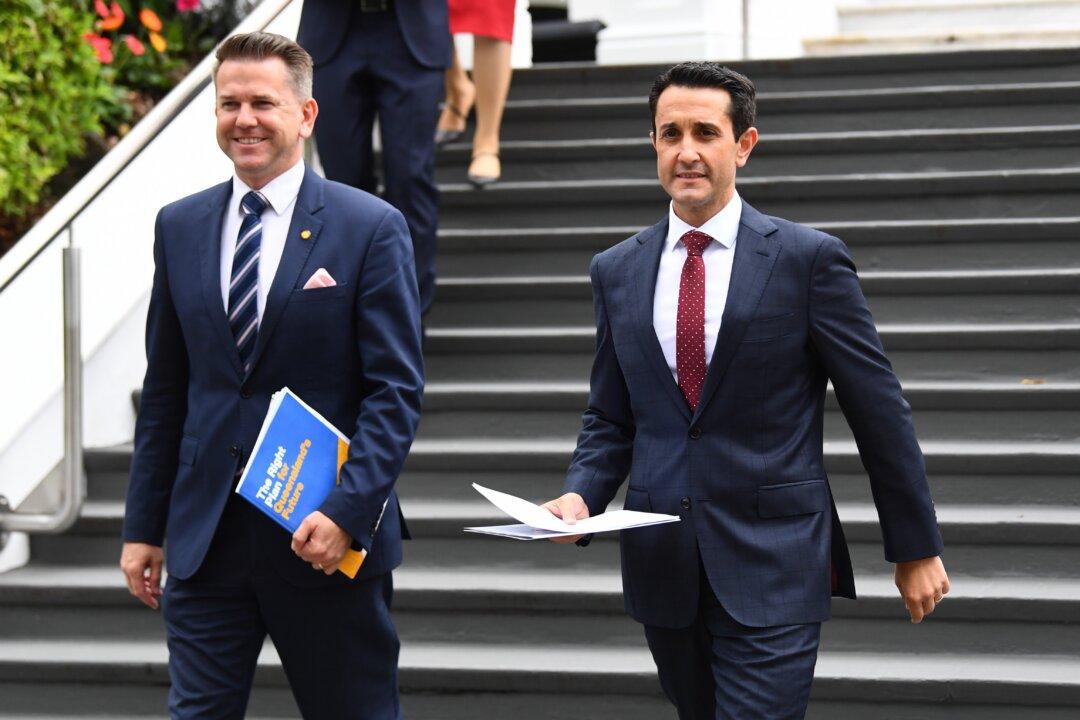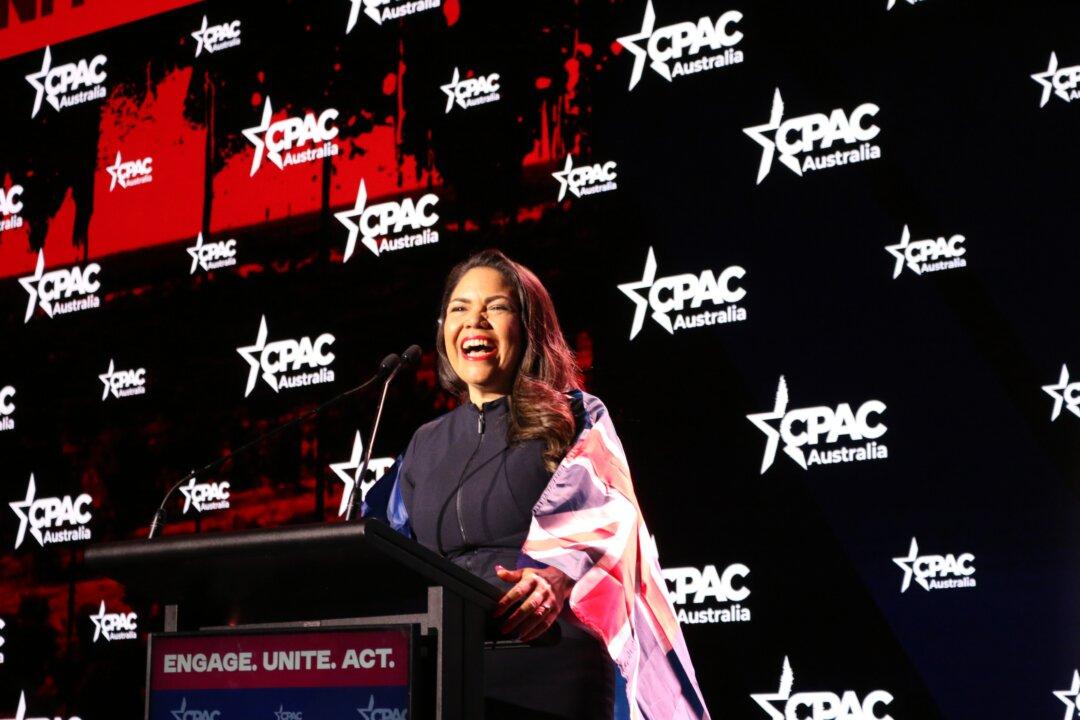A former TV drama scriptwriter will be paid more than half a million dollars over two years to help Labor NDIS Minister Bill Shorten “melt hearts” with his communications.
According to her LinkedIn profile, Julianne Stewart, the speechwriter hired to assist Mr. Shorten, previously assisted Prime Ministers Kevin Rudd (Labor), Julia Gillard (Labor), Tony Abbott (Liberal), and Malcolm Turnbull (Liberal).
